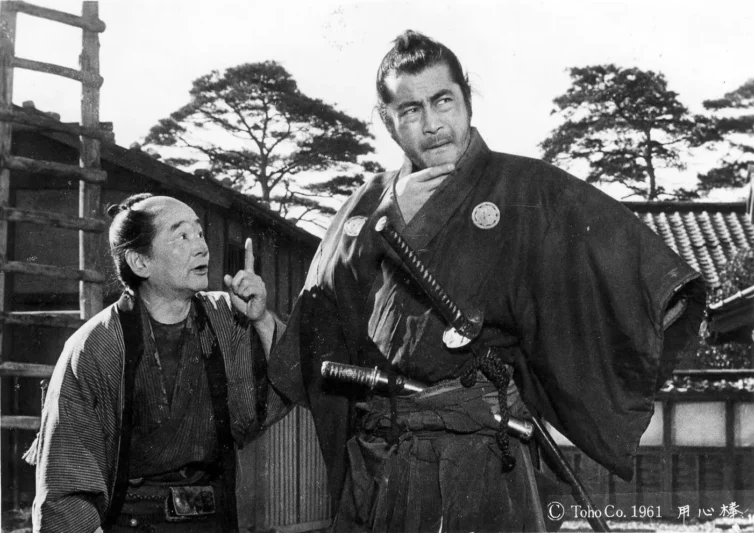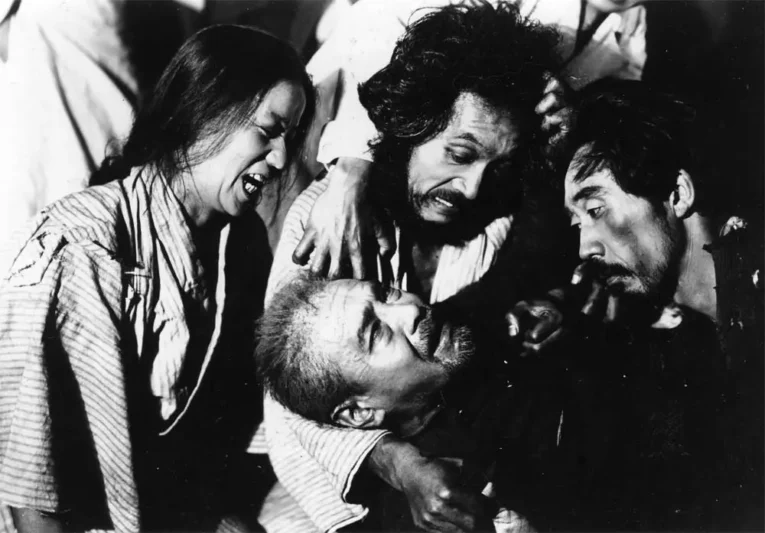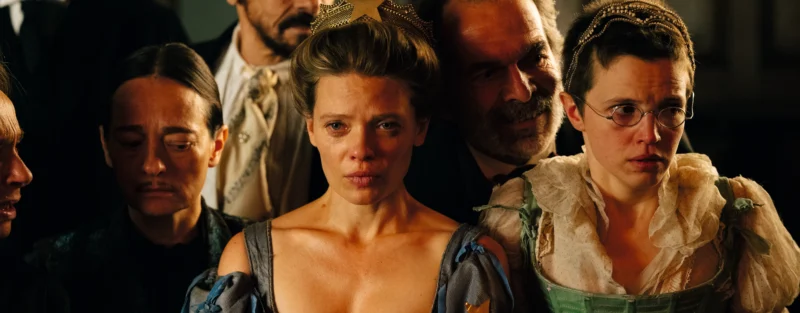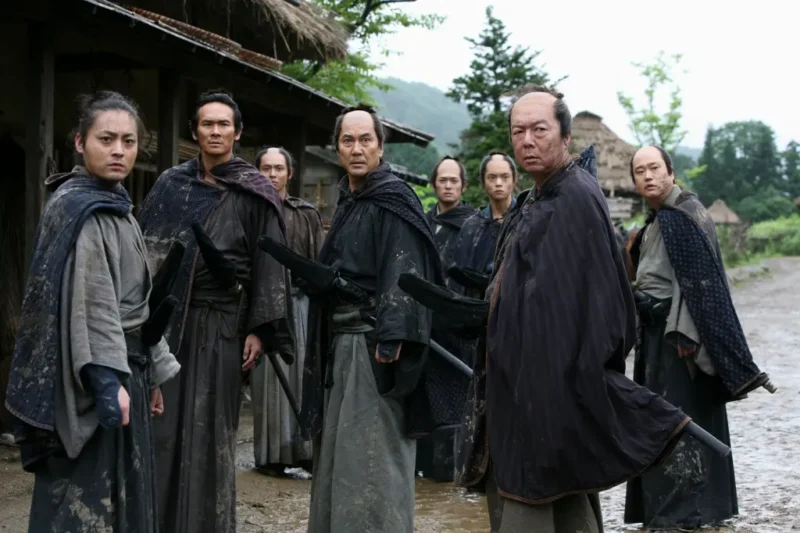Details
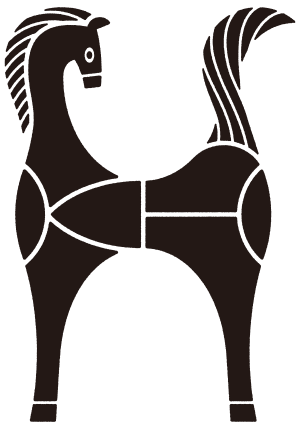
HITORICA FOCUS
In the late Edo period, a rōnin comes to a small post town where two gang bosses are fighting over succession of their territory. The rōnin decides to pitch himself to one of the bosses, Seibei, as a bodyguard and proves his worth by skillfully slaying henchmen of the other boss, Ushitora. Seibei decides to employ the rōnin for 50 ryō and asks for his name. Seeing a mulberry field across the room, the rōnin answers Kuwabatake Sanjūrō (“the thirtieth son from the mulberry field”). However, when he overhears Seibei’s wife talk about the plan to give him only half of the payment and kill him when they no longer need them, the rōnin does not hesitate to turn the offer down. He sits in a bar located between the two bosses’ territories and waits with a drink in hand for either of them to come and employ him at a higher rate.
Director Akira Kurosawa
Actor Toshirou Mifune, Tatsuya Nakadai,Yoko Tsukasa,Isuzu Yamada,Daisuke Kato,Seizaburo Kawadu,Takashi Shimura,Hiroshi Tachikawa,Yosuke Natsuki
Japan| 1961| 110min|
- Action
- Human Drama
director
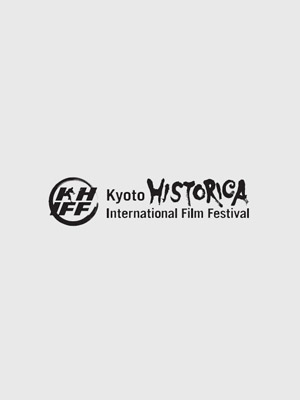
Akira Kurosawa [Film Director]
Kurosawa was born in 1910 in Tokyo. In 1936, he joined P.C.L. (present-day Toho) and became an assistant director of Kajiro Yamamoto. He made his directorial debut in 1943 with Sanshiro Sugata. His post-WWII work Drunken Angel (1948) marks his first collaboration with Toshiro Mifune. The duo then goes on to create a number of masterpieces. In 1950, Kurosawa shot Rashomon in the Daiei Kyoto Studios. The film won the Grand Prix at the Venice International Film Festival, elevating the director to world stage. The following film Ikiru (1952) allowed Kurosawa to establish a group work method for screenwriting. In the same year, he started shooting Seven Samurai. This entertainment piece polished with Kurosawa’s signature perfectionism became a huge hit. In 1961, he released The Bodyguard, an exhilarating jidaigeki which depicts a strong and witty outlaw. This was followed by Sanjuro (1962) which can be loosely classified as its sequel. Since the late 1960s, the Japanese film industry saw a serious decline, and Kurosawa was largely shunned. Still, receiving help from international filmmakers, he came back to the limelight with Dersu Uzala (1975). He continued his directorial journey, albeit at a slower pace, and released films such as Kagemusha (1980) and Ran (1980) before passing away in 1998.
OTHER FILMS










